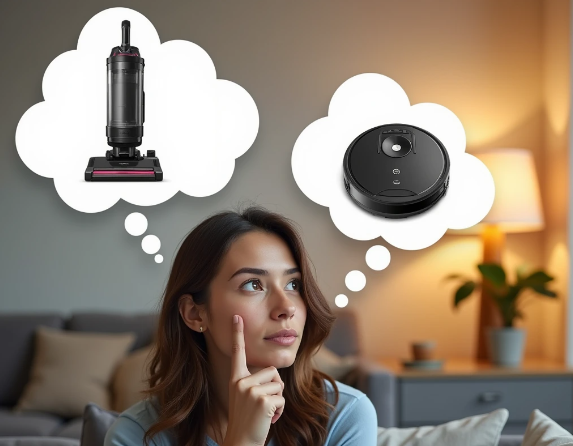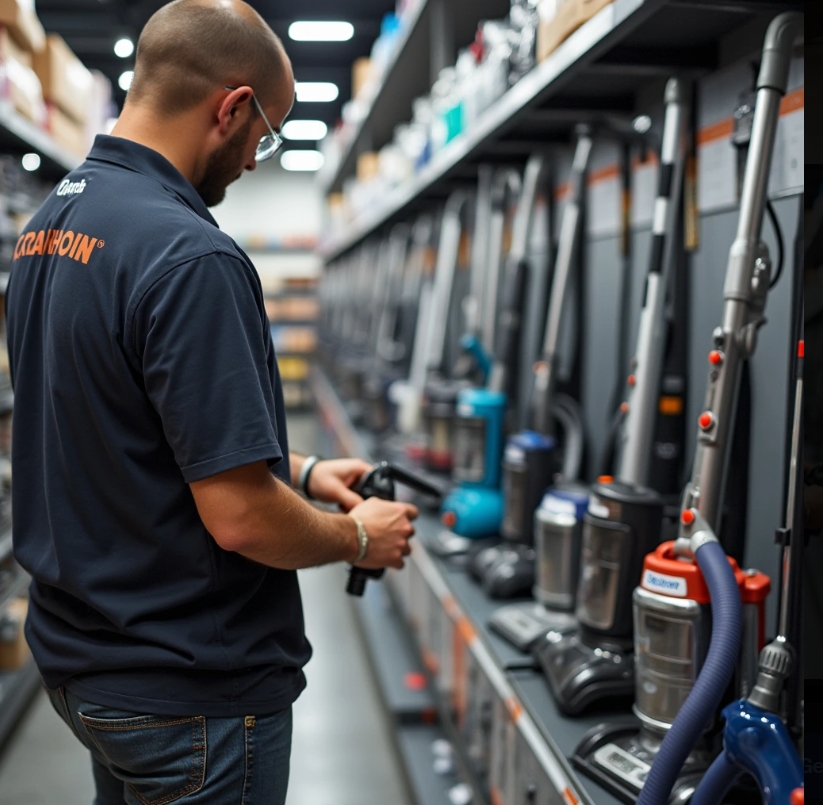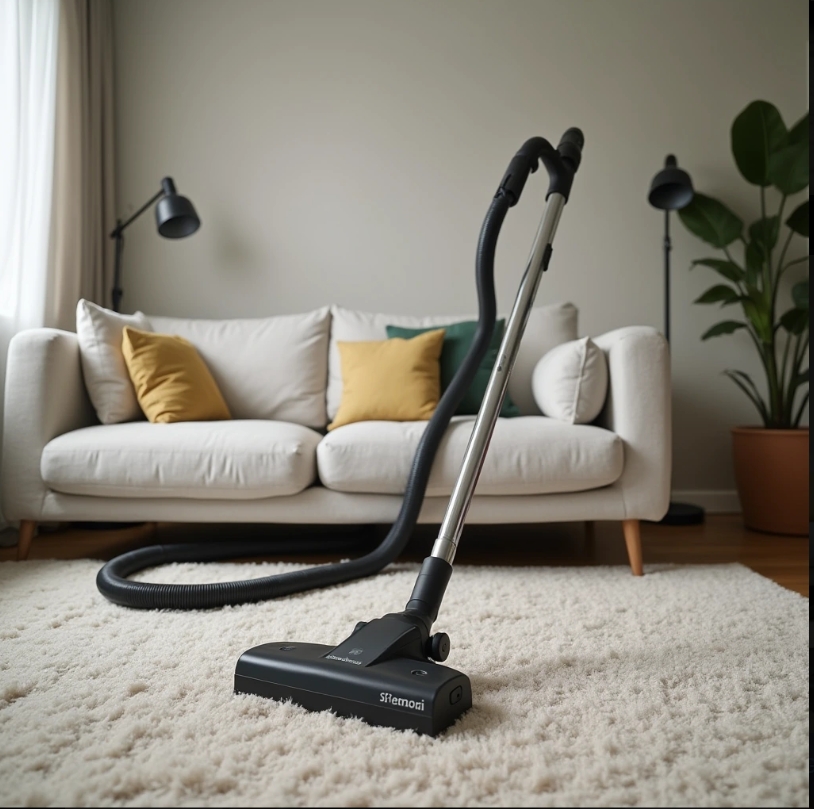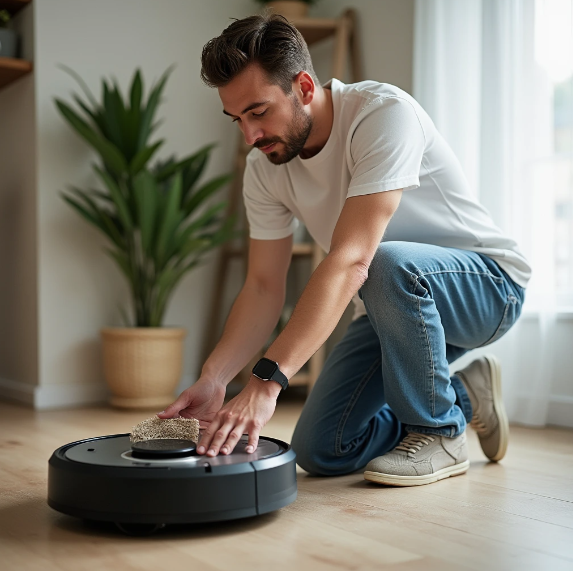Humidity is an often-overlooked factor that can significantly influence the performance of household appliances, including vacuum cleaners. High humidity levels can create a range of issues that impact a vacuum’s efficiency, lifespan, and overall functionality. Understanding how moisture affects your vacuum cleaner is essential for maintaining its performance and ensuring it operates effectively for years to come. In this guide, we’ll explore the various ways humidity can impact your vacuum and provide practical tips for mitigating these effects.
How Humidity Affects Vacuum Performance
Moisture Build-Up in the Motor
One of the most critical components of a vacuum cleaner is its motor. Excessive humidity can lead to moisture build-up within the motor, which can cause electrical components to malfunction or even short circuit. When moisture infiltrates the motor, it can result in reduced suction power, erratic performance, and eventually, complete motor failure.
- Impact: Reduced efficiency and potential electrical hazards.
- Solution: Store your vacuum in a dry, well-ventilated area to minimize moisture exposure.
Clogging of Filters and Dustbins
High humidity can cause dust and debris collected in the vacuum’s dustbin and filters to clump together, making it harder for the vacuum to maintain proper airflow. This clumping can lead to blockages that reduce suction power and strain the motor. Moreover, clogged filters can cause the vacuum to overheat, leading to decreased performance and possible damage.
- Impact: Reduced suction, overheating, and increased maintenance needs.
- Solution: Regularly clean and dry filters and empty the dustbin after each use to prevent moisture build-up.
Mold and Mildew Growth
Moist environments are ideal breeding grounds for mold and mildew. If your vacuum is exposed to high humidity levels, mold can start growing inside the dustbin, hose, or even the filter. This not only affects the vacuum’s performance but can also spread allergens throughout your home, potentially causing health issues for you and your family.
- Impact: Health risks and reduced air quality.
- Solution: Ensure the vacuum is dry before storing it and clean components regularly with a mild disinfectant.
Damage to Belts and Brushes
Vacuum cleaners rely on belts and brushes to function correctly. High humidity can cause rubber belts to become brittle or lose their elasticity, leading to breakage. Similarly, brushes can absorb moisture, making them less effective at picking up debris and potentially leading to mold growth.
- Impact: Increased wear and tear on mechanical parts.
- Solution: Inspect and replace belts and brushes as needed, and keep the vacuum stored in a dry environment.
Tips for Protecting Your Vacuum from Humidity
Store in a Dry Location
Always store your vacuum in a dry, cool place. Avoid storing it in basements or laundry rooms where humidity levels tend to be higher. A well-ventilated closet or storage room is ideal for keeping your vacuum safe from moisture.
Use a Dehumidifier
If you live in an area with high humidity, consider using a dehumidifier in your home to control moisture levels. By reducing overall humidity, you can protect not only your vacuum but also other household appliances and electronics.
Regular Maintenance
Regular maintenance is key to ensuring your vacuum performs well in humid conditions. Clean the filters, empty the dustbin, and check for any signs of moisture damage. If possible, dry out the vacuum components after use, especially if you’ve vacuumed in a humid environment.
Use Vacuum Bags with Moisture Barriers
Some vacuum bags are designed with moisture barriers that can help protect the vacuum’s internal components from humidity. Consider using these specialized bags, especially if you live in a humid climate or use the vacuum in damp areas.
Humidity can have a profound impact on the performance and longevity of your vacuum cleaner. By understanding the potential risks and taking proactive measures to protect your vacuum, you can ensure it remains in top condition, providing efficient cleaning for your home. For more tips and expert advice on maintaining your vacuum, visit our website bestvacuumsguide.com (here).







